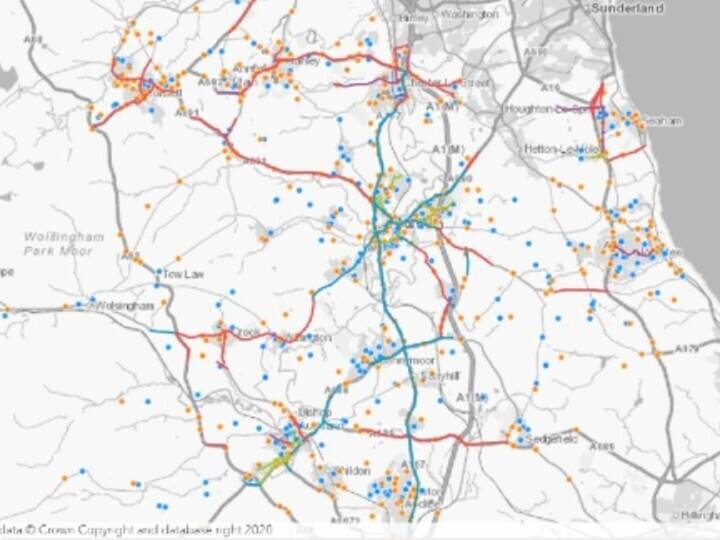Exemplar Award Winner- Runner-up Services Award: London Borough of Newham
Across Newham Council there is a growing perception that poorly managed, privately rented properties are having a negative effect on health equalities, community cohesion and neighbourhoods.
Anti-social behaviour (ASB), noise nuisance, poor housing conditions and accumulations of refuse are just a few of the issues that have been linked to the failure of some private landlords to manage properties in an effective way.
With the aim of reducing ASB and health inequalities, improving living standards and the community environment, Newham Council initiated a borough-wide Private Rented Property Licensing Scheme and, in doing so, have become the first local authority in England to exercise discretionary powers, available under the Housing Act 2004, to introduce the compulsory licensing of all private rented accommodation across the borough.
In addition to tackling the negative issues that occur due to poorly managed privately rented accommodation, the project was intended to streamline the licence application process, using automated systems that utilise both the LLPG and its national equivalent address data, as well as intelligence sharing across other service databases.
It is estimated that 35,000 properties will be subject to private rented property licensing, which is the largest tenure group in the borough, and therefore it is hoped the positive impact to the borough and their residents will be significant.
How the project was carried out
To support the delivery of the project, the IT solutions introduced were going to be critical to the delivery and success of the scheme. A key objective was to provide an automated end to end service which included the use of the address data to validate addresses used in both the registration of the relevant properties and landlord contact details; and also to provide a cross data warehouse intelligence check to identify inaccuracies and discrepancies in application data.
As part of the scoping exercise for the project, existing solutions were reviewed; however, no one solution delivered all criteria and so it was decided to develop a bespoke ‘smart’ solution. The online process was designed, linking the council’s CRM to back office systems in order to record, manage and validate property licences in a more efficient way. The address data and validation checks were central to both the licensing process and the system design due to licences being wholly property based.
Outcomes
Customers can now apply via an LLPG-based online licensing solution which was built from scratch in less than 12 months to provide an automated licensing service. From the information entered by the customer, the application type, conditions and fees can all be calculated automatically, which delivers huge efficiency savings with regards to administration, particularly due to the reduction of invalid applications. It delivers significant value for money, considerably improves the landlord experience and keeps licence fees as a low as possible.
Application records are created on a database with UPRNs and mapping coordinates as soon as the applicant has submitted the form, which instantly creates links to all other records with the same UPRN. As a result, time has been saved by removing manual property look-up and data entry. This has reduced the potential for addressing errors, and easy look-up of property activity across modules has been created.
Customer Services and Private Housing have joined up in creating an end to end process for the licensing of properties which has streamlined the service, leading to big efficiency gains for the council by removing the need for officers to be involved in the application process.
By putting the LLPG at the core of this project, the council is also able to map the data easily. This leads to the identification of hotspots of private rented accommodation and links to ASB and poor property management practices. They can also map the take up of licences and the location of landlords on a national scale, which is an important aspect in being able to analyse the success of the project, target enforcement resources in an intelligence-led way and continuously review areas for improvement through a live system.
Not only does the project showcase a real world benefit of an accurate LLPG, but it also shows how a streamlined process delivers real efficiency savings as well as joining up services across the council. This scheme aims to make a real difference to residents of the borough in terms of improved living standards for private tenants and also community based improvements to peoples’ living environments and local area.
Key benefits
• improved living standards for privately rented tenants across Newham Council
• recorded, managed and validated property licences in a more efficient way
• significant reductions in manual processing of licence applications leading to efficiency savings for the council and also a 24/7 seamless e-application process for landlords
• identified hotspots of private rented accommodation, and links to ASB and poor property management practices
• UPRN provides a common data link that has enabled cross database analysis for data extraction, verification and validation
• has been key to facilitating targeted multi-disciplinary strategic partnerships and interventions
• address data allow customers to include details of interested parties from across the country



